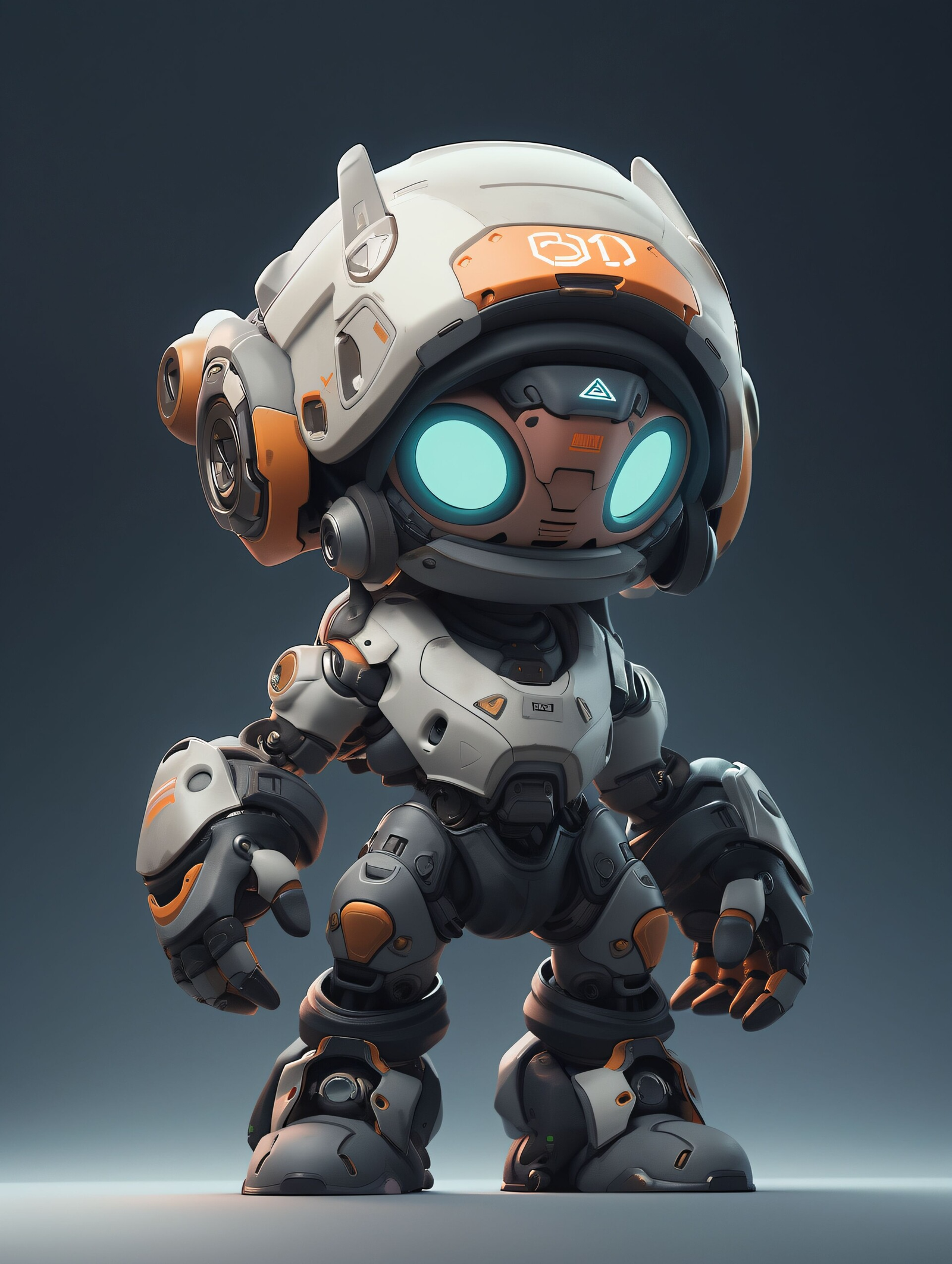Artificial Intelligence (AI) is no longer a concept confined to science fiction. It’s a reality that’s rapidly transforming industries, economies, and societies. From automating mundane tasks to making complex decisions, AI is becoming an integral part of our daily lives. But what does the future hold for AI? Here’s a glimpse into the exciting possibilities and challenges that lie ahead.
1. Advancements in Machine Learning and Deep Learning
Machine Learning (ML) and Deep Learning (DL) are at the core of AI development. As computational power increases and algorithms become more sophisticated, the capabilities of ML and DL will expand. Future advancements will lead to more accurate predictive models, improved natural language processing, and enhanced image and video recognition. These improvements will drive innovations in healthcare, finance, marketing, and beyond.
2. AI in Healthcare
The healthcare sector stands to benefit immensely from AI advancements. From early disease detection to personalized treatment plans, AI can revolutionize patient care. Predictive analytics can help in anticipating disease outbreaks and managing healthcare resources more effectively. Moreover, AI-driven diagnostic tools can assist doctors in making more accurate diagnoses, thereby improving patient outcomes.
3. Autonomous Vehicles
Self-driving cars are one of the most talked-about applications of AI. The future will likely see widespread adoption of autonomous vehicles, not just in personal transportation but also in logistics and public transport. AI-powered systems will improve road safety, reduce traffic congestion, and enhance mobility for those unable to drive. However, this will also necessitate robust regulatory frameworks and advances in AI ethics to ensure safety and accountability.
4. AI in Education
AI has the potential to transform education by providing personalized learning experiences. Intelligent tutoring systems can adapt to individual learning styles and paces, offering customized content and feedback. AI can also assist in administrative tasks, freeing up educators to focus more on teaching. The future of education will likely see a blend of AI-driven tools and traditional methods, creating a more efficient and effective learning environment.
5. Enhanced Cybersecurity
As cyber threats become more sophisticated, AI will play a crucial role in enhancing cybersecurity. AI can help in detecting and responding to threats in real-time, analyzing vast amounts of data to identify patterns and anomalies. Future AI systems will be able to predict potential cyberattacks before they occur, offering a proactive approach to cybersecurity. This will be vital in protecting sensitive information and maintaining the integrity of digital infrastructures.
6. AI in Customer Service
AI-powered chatbots and virtual assistants are already transforming customer service. The future will see even more advanced AI systems capable of understanding and responding to complex customer queries, providing a seamless and personalized customer experience. These systems will learn from each interaction, continuously improving their performance and efficiency.
7. Ethical and Responsible AI Development
As AI continues to advance, ethical considerations will become increasingly important. Issues such as data privacy, algorithmic bias, and the impact of AI on employment need to be addressed. The future will demand more transparent and accountable AI systems, with robust guidelines and regulations to ensure that AI is developed and used responsibly. This will involve collaboration between governments, industries, and academia to create ethical frameworks that guide AI development.
8. Integration with Internet of Things (IoT)
The convergence of AI and IoT will create smarter and more efficient systems. AI can analyze data from IoT devices to optimize operations, predict maintenance needs, and enhance user experiences. Smart homes, cities, and industries will benefit from this integration, leading to more sustainable and efficient practices. The future will see AI and IoT working together to create interconnected ecosystems that improve our quality of life.
9. AI in Creative Industries
AI is making its way into creative fields such as art, music, and writing. AI algorithms can generate art, compose music, and even write stories, pushing the boundaries of creativity. While AI will not replace human creativity, it will act as a powerful tool for artists and creators, offering new ways to express and explore their ideas. The future will see a harmonious blend of human and AI creativity, leading to innovative and unique creations.
10. Quantum Computing and AI
Quantum computing holds the potential to revolutionize AI by solving problems that are currently intractable for classical computers. Quantum algorithms can process vast amounts of data at unprecedented speeds, opening new frontiers in AI research and applications. Although still in its early stages, the integration of quantum computing and AI could lead to breakthroughs in fields such as cryptography, material science, and complex system simulations.
Conclusion
The future of artificial intelligence is incredibly promising, with vast potential to transform various aspects of our lives. However, this future also brings challenges that must be carefully managed. Ethical considerations, regulatory frameworks, and continuous learning will be key to ensuring that AI develops in a way that benefits humanity as a whole. By embracing these advancements and addressing the associated challenges, we can harness the power of AI to create a better, more efficient, and more equitable world.





